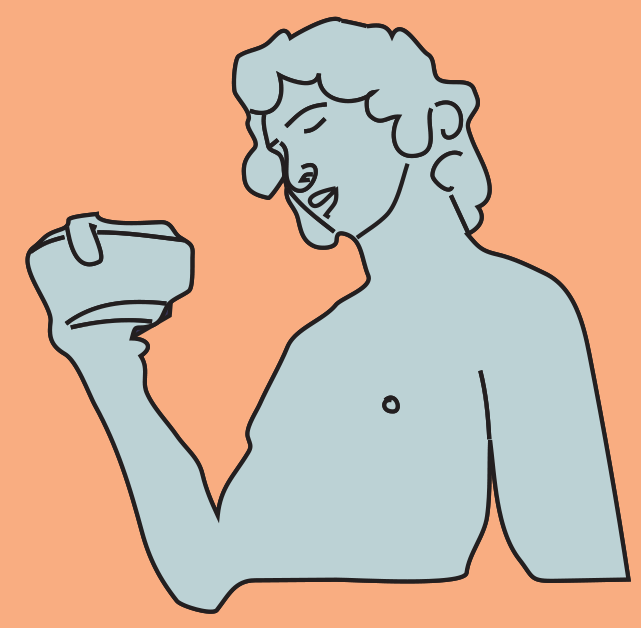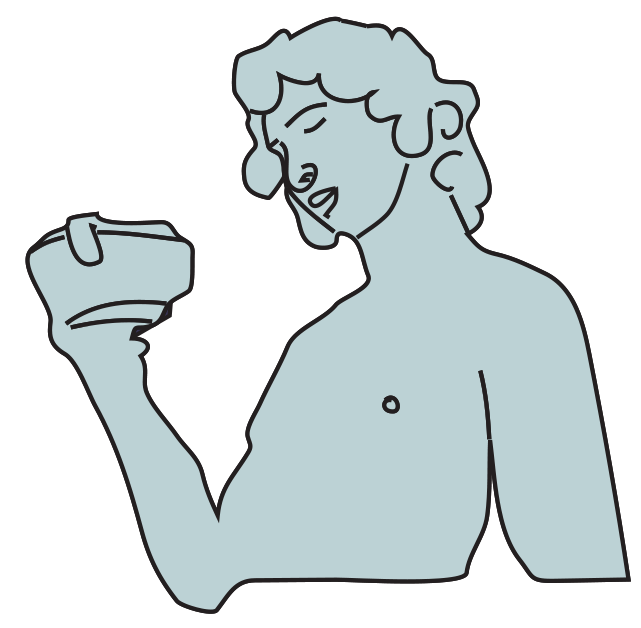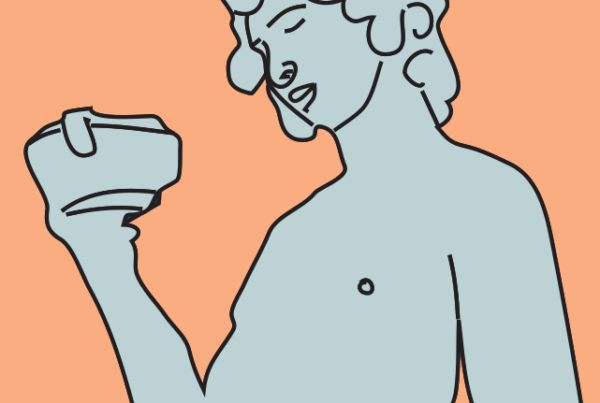

In conversations with friends about our definition of love, I realised that most of us grew up with the idea that love was something that would come to us in the form of a romantic partner. The love we feel would be all-consuming, a fiery passion, one that would have the proclivity for codependency. Real love should be tumultuous according to The Notebook and we should go so far as to die for it if we asked Shakespeare’s Romeo and Juliet. If we would take these portrayals of love at face value, how many of us could actually say they have loved or have been loved? Probably not that many. And still, most, if not all of us have loved or have been loved from a very young age. But then what does that mean – to love or be loved?
Defining love marks a murky territory. As poet Diane Ackerman so poignantly said “We use the word love in such a sloppy way that it can mean almost nothing or absolutely everything.” Dictionary definitions frequently refer to love as romantic love focused on tender and passionate affection. But this definition would exclude many from loving or being loved. Those on the asexual spectrum, platonic friends who are unconditionally there for each other, family members, and so many more.
So, it seems that love goes beyond just passion and lust. One possible definition from Bell Hook’s book All About Love, is that love is “the will to extend oneself”. It’s a choice, an action, an intention. To truly love we need to engage in a mixture of care, affection, recognition, respect, commitment, trust, as well as honest and open communication. Now, if you think of the movies I mentioned in the beginning, would you say they meet this definition? For me, they don’t tick the boxes.
But I see the Bell Hook’s kind of love in my life. I can see it in the way my dad keeps buying things in bulk that I said I liked once. It’s present in the “Just landed” messages I send my mum because I know she appreciates them. I can see it in the late night debrief sessions with my roomies despite us having class in the morning. It’s present in the little gifts I buy or make for my friends and boyfriend because I know it would light up their day. And it’s even there in the messages that read “us” accompanied with the most unhinged TikTok on earth.
So, it looks like I have loved and been loved. And I’m sure you, too. We all have the ability to love and be loved. It’s not something up to chance but an intention. It’s more than a feeling, it resembles a promise. I love you means I care for you, I trust you, I am committed to you. So, from now on, when you think there is a lack of love in your life, think again. You are probably using the pop culture definition of love as your benchmark where love and sexual desire are conflated. But if you consider Bell Hook’s definition, you will probably realise that you have experienced love, are currently experiencing love, and will experience love again.

In conversations with friends about our definition of love, I realised that most of us grew up with the idea that love was something that would come to us in the form of a romantic partner. The love we feel would be all-consuming, a fiery passion, one that would have the proclivity for codependency. Real love should be tumultuous according to The Notebook and we should go so far as to die for it if we asked Shakespeare’s Romeo and Juliet. If we would take these portrayals of love at face value, how many of us could actually say they have loved or have been loved? Probably not that many. And still, most, if not all of us have loved or have been loved from a very young age. But then what does that mean – to love or be loved?
Defining love marks a murky territory. As poet Diane Ackerman so poignantly said “We use the word love in such a sloppy way that it can mean almost nothing or absolutely everything.” Dictionary definitions frequently refer to love as romantic love focused on tender and passionate affection. But this definition would exclude many from loving or being loved. Those on the asexual spectrum, platonic friends who are unconditionally there for each other, family members, and so many more.
So, it seems that love goes beyond just passion and lust. One possible definition from Bell Hook’s book All About Love, is that love is “the will to extend oneself”. It’s a choice, an action, an intention. To truly love we need to engage in a mixture of care, affection, recognition, respect, commitment, trust, as well as honest and open communication. Now, if you think of the movies I mentioned in the beginning, would you say they meet this definition? For me, they don’t tick the boxes.
But I see the Bell Hook’s kind of love in my life. I can see it in the way my dad keeps buying things in bulk that I said I liked once. It’s present in the “Just landed” messages I send my mum because I know she appreciates them. I can see it in the late night debrief sessions with my roomies despite us having class in the morning. It’s present in the little gifts I buy or make for my friends and boyfriend because I know it would light up their day. And it’s even there in the messages that read “us” accompanied with the most unhinged TikTok on earth.
So, it looks like I have loved and been loved. And I’m sure you, too. We all have the ability to love and be loved. It’s not something up to chance but an intention. It’s more than a feeling, it resembles a promise. I love you means I care for you, I trust you, I am committed to you. So, from now on, when you think there is a lack of love in your life, think again. You are probably using the pop culture definition of love as your benchmark where love and sexual desire are conflated. But if you consider Bell Hook’s definition, you will probably realise that you have experienced love, are currently experiencing love, and will experience love again.


